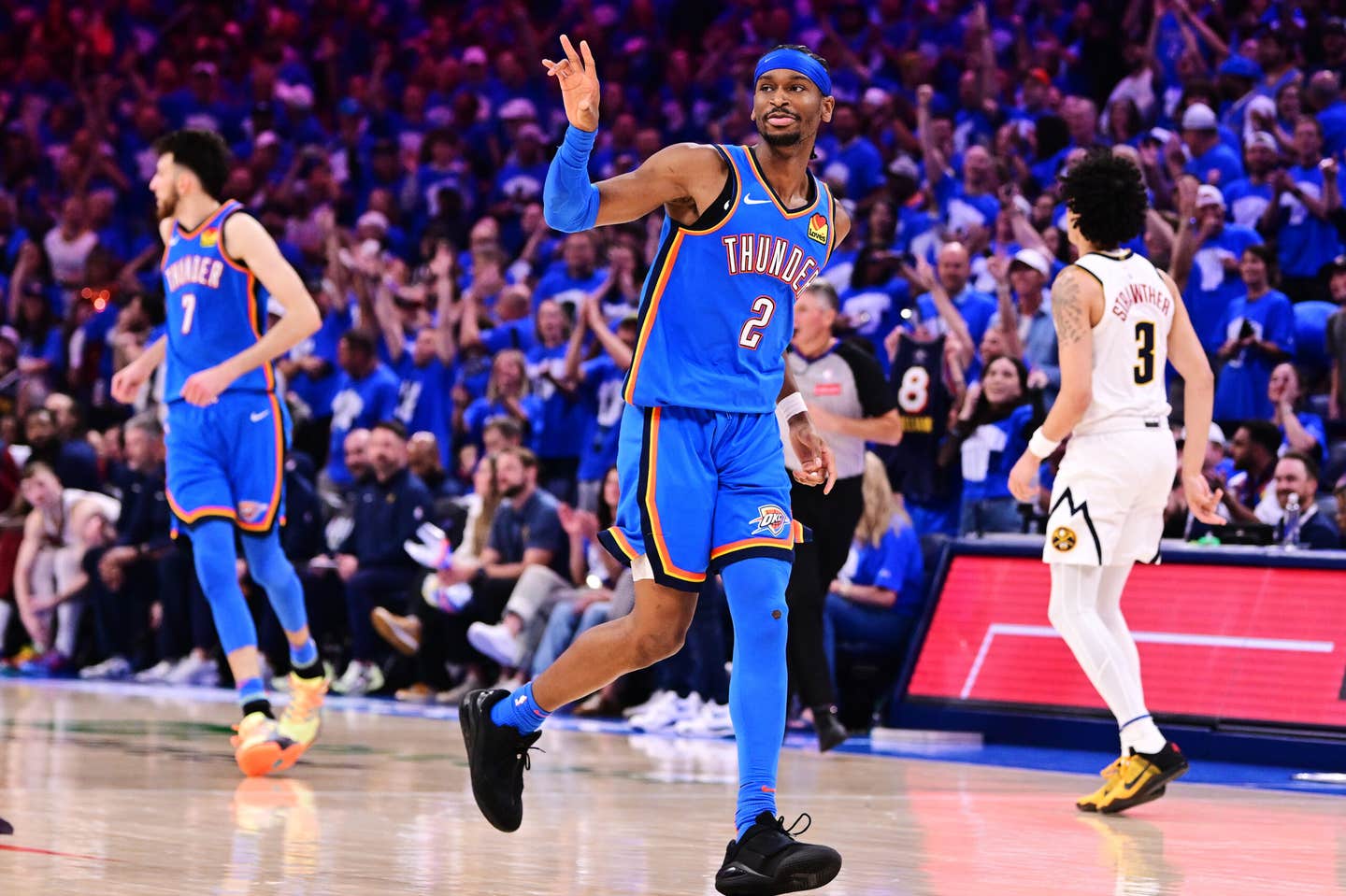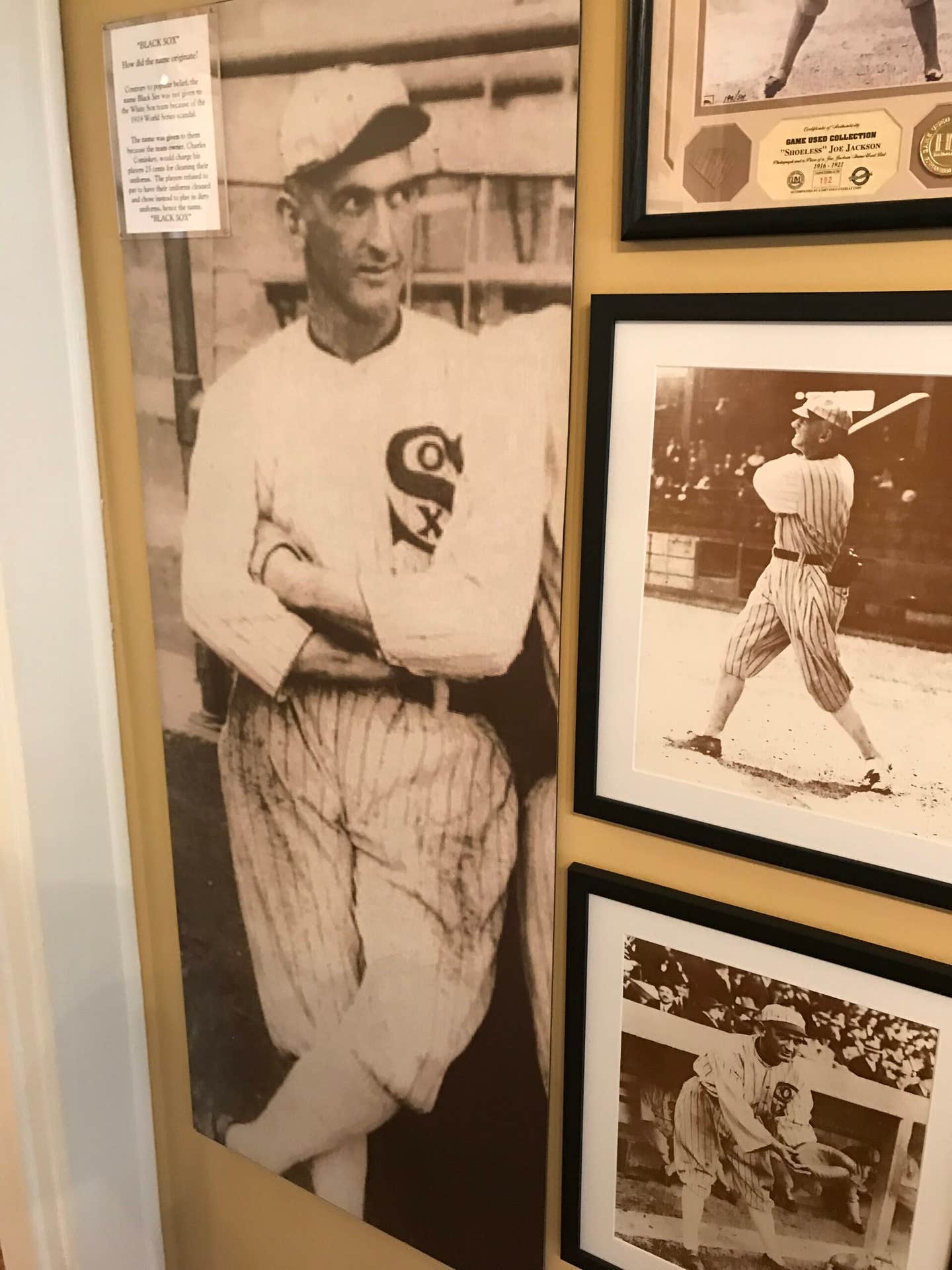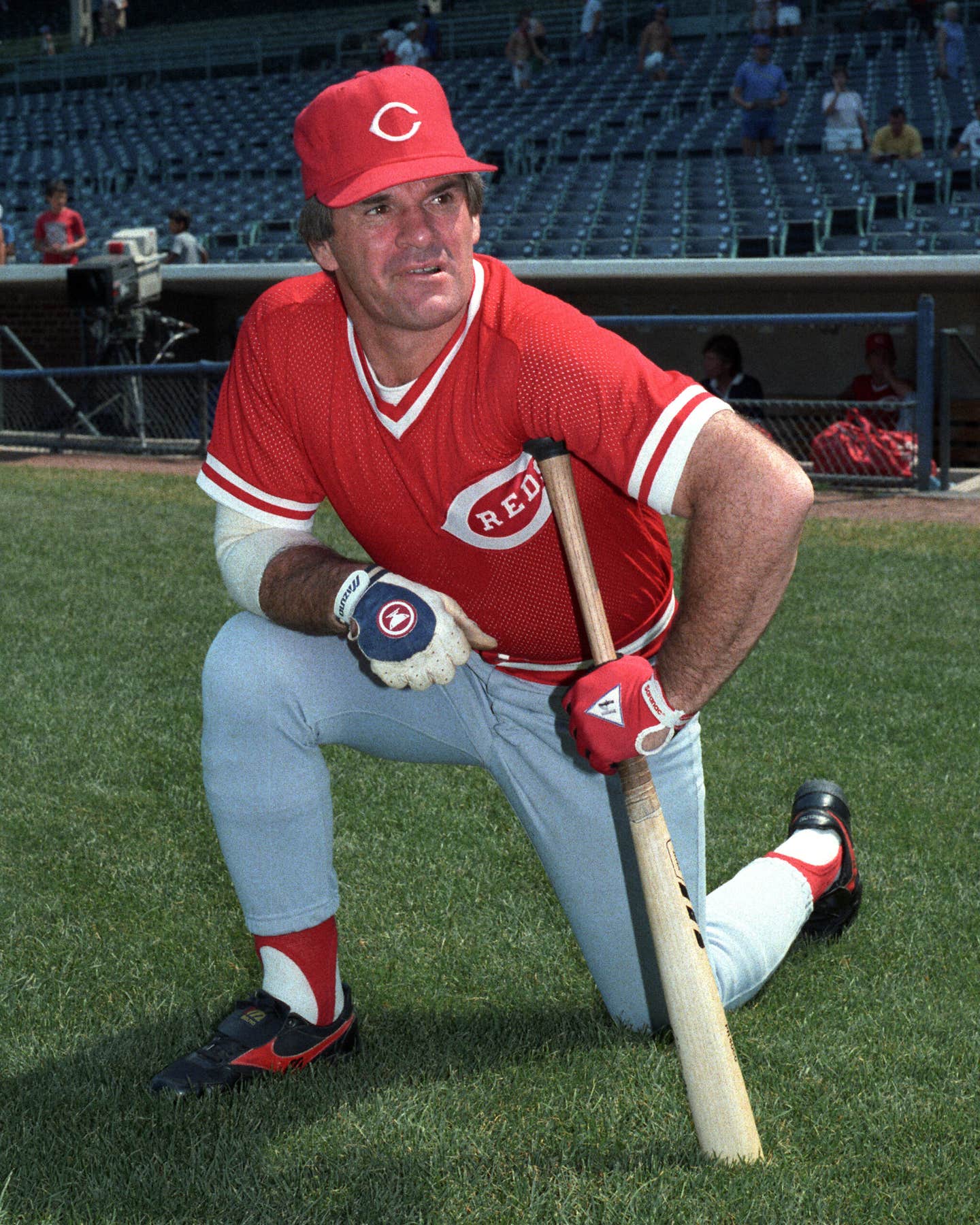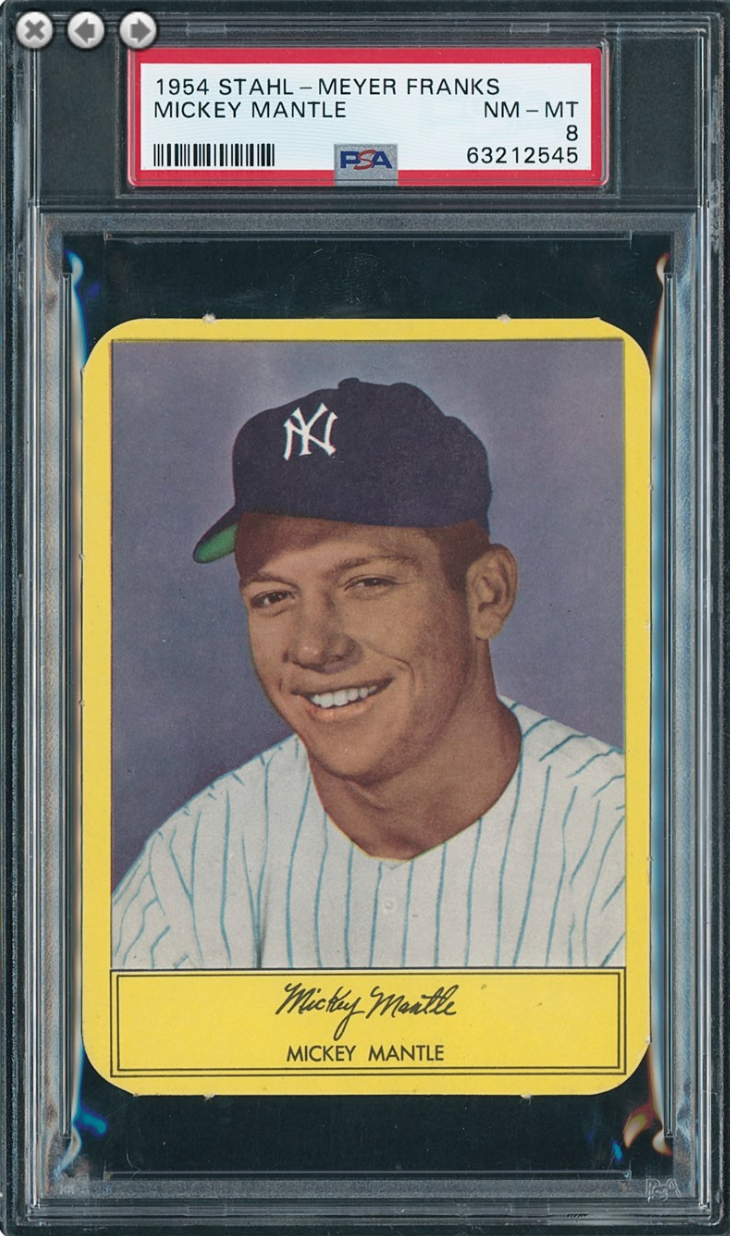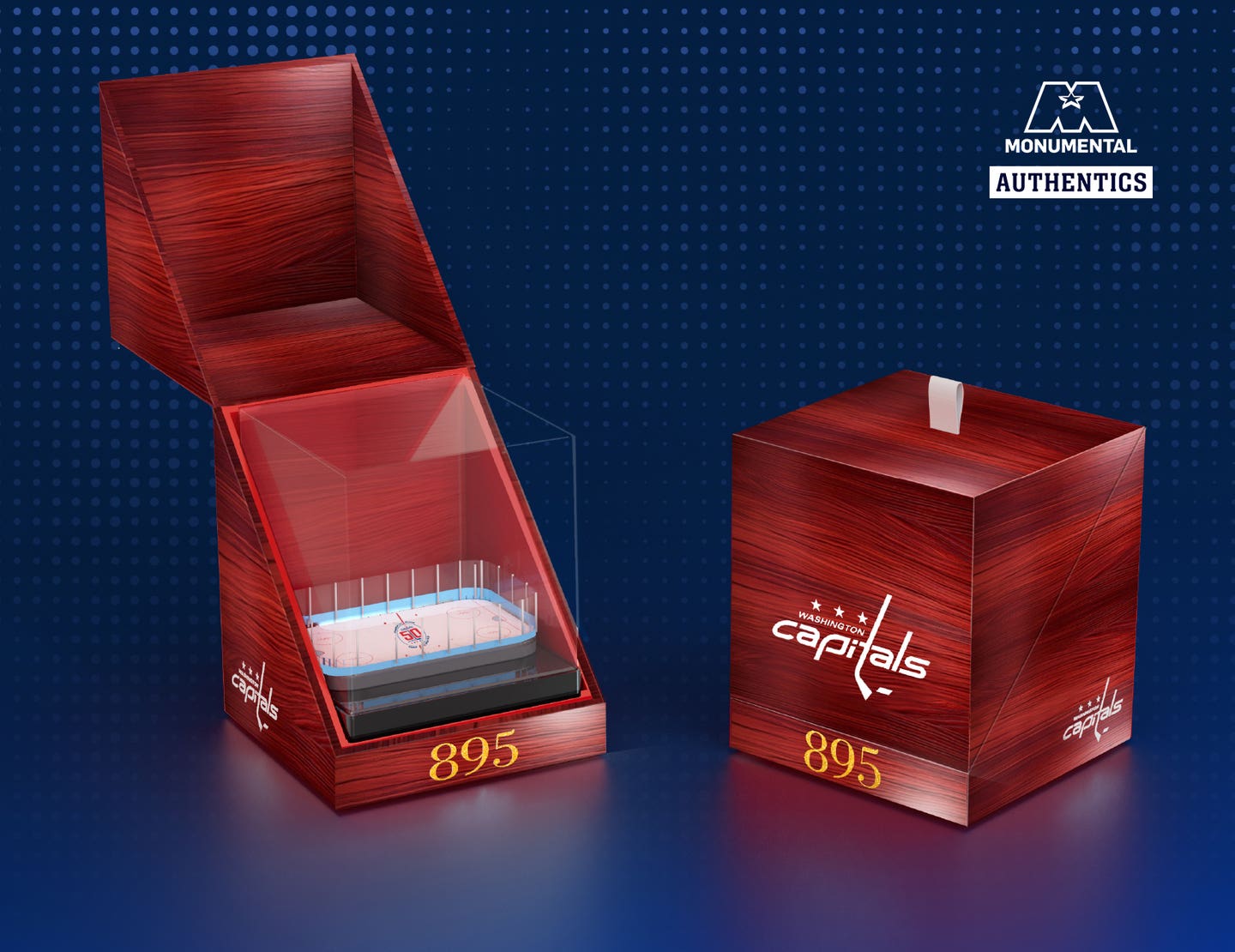News
Stories of Bill Russell, Sam Jones and loyalty …
I just finished a story about Bill Russell for this week’s issue of Sports Collectors Digest and I thought I’d offer a little preview of it here on the blog with excerpts about Russell and his Hall of Famer teammate Sam Jones.
It was part of an interview with Rich Altman, friend and autograph agent for both players, among others, who was telling me about Russell’s abiding sense of loyalty to those within his circle.
It is that quality of loyalty that so permeates the great teams of any generation and so is of extraordinary importance to Russell, the ultimate team player. Altman tells the story of a time during the Celtics’ championship run when the team was slated to play an exhibition game in Lexington, Ky.
Russell and teammates Sam Jones, K.C. Jones and Satch Sanders found themselves unable to get a seat in the dining room of the Lexington hotel where the team was staying. Blacks being denied service at a swanky (or even non-swanky) dining room in the South was hardly out of the ordinary in the mid-1960s, but this this time they picked on the wrong foursome.
All four were at Red Auerbach’s door a few moments later. The Hall of Fame coach, in boxer shorts, asked what they wanted. “We don’t want to play,” Russell stated. Once they explained the circumstances, Auerbach didn’t hesitate in putting his stars on a plane back for Boston. “That night the World Champion White Celtics played that exhibition game, and the hotel got blasted in the mainstream press,” Altman noted.
And it wasn’t just in the Deep South where the team would collide with the insidious prejudices of the period. Auerbach ran a basketball in the Catskills and Sam Jones was playfully chasing a youngster around the parking lot, and ultimately walked over to the kid’s family waiting by their vehicle. “Sam shook hands with several family members, and then when he went to shake the boy’s grandfather’s hand, the man refused.”
Altman cherishes the rest of the story. “Without missing a beat, Sam turned to the little boy and said, ‘We’re OK,’ and gave him a little hug.”
Forty years later, Altman got an e-mail from the young boy, now a middle-aged man, who pointed out how the moment had changed his life. With that bold, selfless stroke a half-century earlier, the chains of generations of prejudice were broken forever. Altman took great joy in forwarding the e-mail to his two favorite clients, Russell and Jones.
“That’s what it’s all about,” said Altman with finality.



